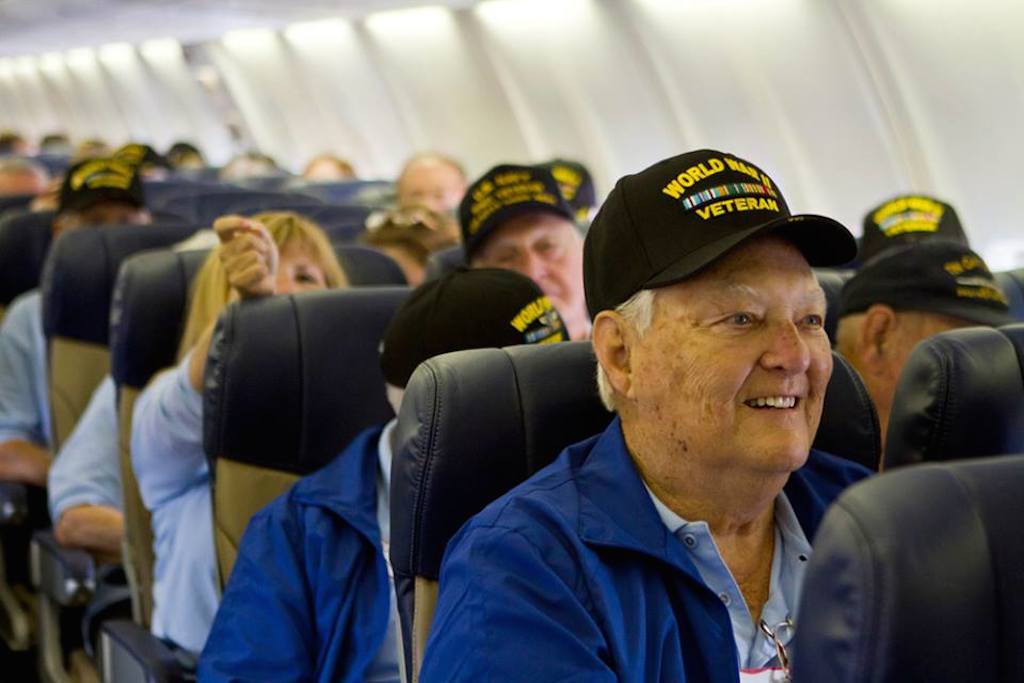U.S. Military Gets Hit With Reduced Travel Reimbursements

Skift Take
That General Services Administration October 2010 conference in Las Vegas for its western regions, the confab that featured $130,000 spent for pre-conference checkout-the-venue visits, a $7,000 sushi reception, and lavish hotel stays for top brass, drew so much ire about excessive government travel spending that its impact is still being felt today.
U.S. government travel spending in fiscal year 2013 came in at less than $12 billion, down from $17 billion in fiscal 2010.
That pressure to reduce federal government travel spending is being felt anew, this time by the U.S. military, as the Pentagon has decreed that military personnel traveling on temporary duty starting October 1 will only get reimbursed 75% of the per diem hotel rates for travel of 31 to 180 days, and for longer trips of more than 180 days, the reimbursement drops to 55% of the fiscal 2015 per diems, according to an article in Navy Times.
The clampdown on reimbursements for military personnel traveling on temporary duty is likely to have a negative impact on some hotels around the country, although it remains to be determined how serious the blow will be.
The reason for the cut in travel reimbursements?
"Defense officials believe troops on longer trips should be able to find more affordable housing by taking advantage of weekly or monthly rates," the Navy Times states.
And that sounds like a reasonable premise in most instances.
The Pentagon is also eliminating laundry reimbursements and cellphone calls for military personnel traveling on temporary assignments.
Civilian federal government employees, too, are under pressure to limit their travel at government expense.





